Content Menu
● Liver Concerns
● Caffeine-Related Side Effects
● Iron Absorption Interference
● Interactions with Medications
● Digestive System Issues
● Headaches and Dizziness
● Anemia Risk
● Bone Health Concerns
● Allergic Reactions
● Pregnancy and Breastfeeding Concerns
● Blood Pressure Effects
● Anxiety and Nervousness
● Conclusion
● Questions and Answers about Green Tea Extract Side Effects
Green tea, a beverage that has been consumed for thousands of years, has gained immense popularity in recent times due to its potential health benefits. As more people turn to natural remedies and supplements, green tea extract has emerged as a concentrated form of this ancient drink, promising to deliver its benefits in a more potent package. However, as with any supplement, it's crucial to understand not only the potential advantages but also the possible side effects of green tea extract.
Green tea extract is derived from the leaves of the Camellia sinensis plant, the same source as traditional green tea. It contains a high concentration of polyphenols, particularly catechins, which are believed to be responsible for many of the health benefits associated with green tea consumption. The most abundant and well-studied catechin in green tea is epigallocatechin gallate (EGCG), which has been the focus of numerous scientific studies.
While green tea extract is generally considered safe for most people when used in moderation, it's important to note that the concentrated nature of the extract can lead to a higher risk of side effects compared to drinking traditional green tea. Let's explore some of the potential side effects associated with green tea extract consumption.
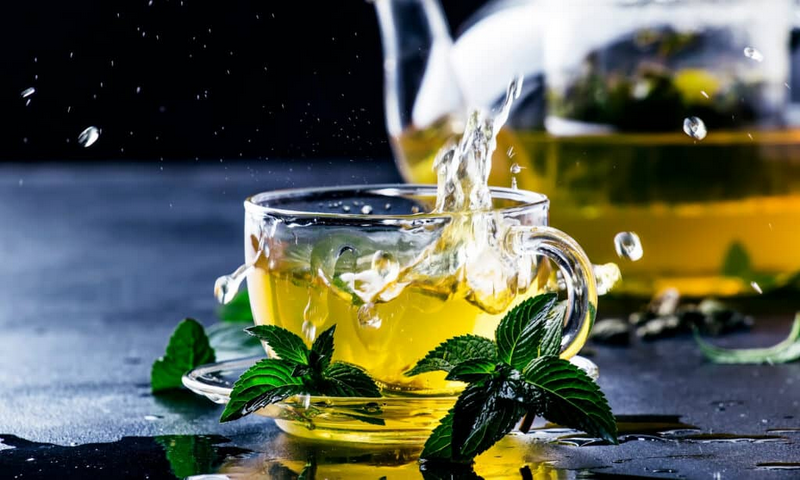
Liver Concerns
One of the most serious potential side effects of green tea extract is its impact on liver health. Several cases of liver injury have been reported in individuals consuming green tea extract supplements. The exact mechanism behind this liver toxicity is not fully understood, but it's believed to be related to the high concentration of catechins, particularly EGCG, in the extract.
Symptoms of liver problems may include yellowing of the skin or eyes (jaundice), dark urine, abdominal pain, and fatigue. While these cases are rare, they highlight the importance of using green tea extract with caution and under the guidance of a healthcare professional, especially for those with pre-existing liver conditions.
Caffeine-Related Side Effects
Green tea naturally contains caffeine, and green tea extract often retains this stimulant. While caffeine can provide benefits such as increased alertness and improved cognitive function, it can also lead to side effects, particularly in individuals sensitive to its effects or when consumed in large amounts.
Common caffeine-related side effects may include:
◆ Insomnia or sleep disturbances
◆ Nervousness and anxiety
◆ Increased heart rate and palpitations
◆ Headaches
◆ Digestive issues such as nausea and diarrhea
◆ Increased urination
It's worth noting that decaffeinated green tea extract is available for those who wish to avoid caffeine-related side effects.
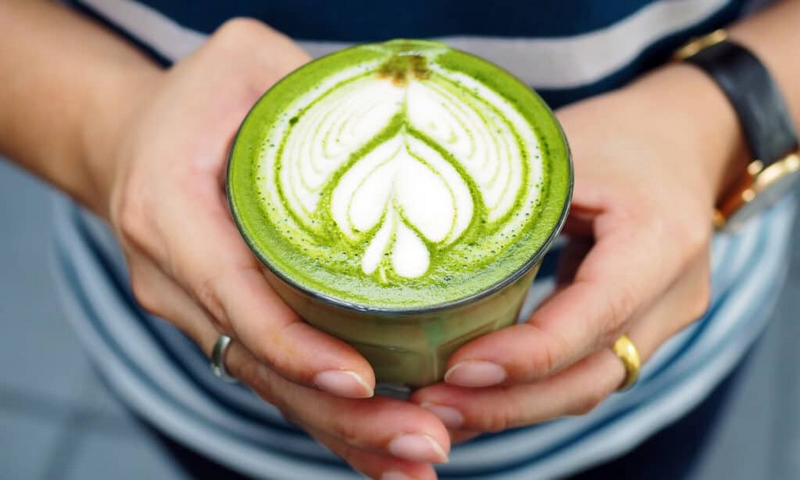
Iron Absorption Interference
Green tea contains tannins, which can interfere with the absorption of iron from the digestive tract. This effect is more pronounced when consuming green tea extract compared to drinking traditional green tea due to the higher concentration of compounds.
For individuals with iron deficiency or those at risk of anemia, regular consumption of green tea extract may exacerbate the problem. It's generally recommended to consume green tea or its extract between meals rather than with iron-rich foods to minimize this effect.
Interactions with Medications
Green tea extract can interact with various medications, potentially altering their effectiveness or increasing the risk of side effects. Some notable interactions include:
◆ Blood thinners: Green tea contains vitamin K, which can decrease the effectiveness of blood-thinning medications like warfarin.
◆ Stimulant drugs: The caffeine in green tea extract may enhance the effects of stimulant medications, potentially leading to increased side effects.
◆ Certain antibiotics: Green tea may interfere with the absorption of some antibiotics.
◆ Beta-blockers: Caffeine in green tea extract may reduce the effectiveness of these medications used to treat high blood pressure and heart conditions.
It's crucial for individuals taking any medications to consult with their healthcare provider before adding green tea extract to their regimen.
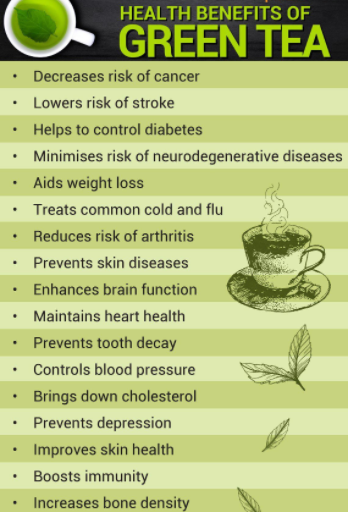
Digestive System Issues
Some people may experience digestive discomfort when consuming green tea extract. This can manifest as:
◆ Nausea
◆ Stomach upset
◆ Constipation or diarrhea
◆ Abdominal bloating
These effects are often dose-dependent and may be more likely to occur when taking green tea extract on an empty stomach.
Headaches and Dizziness
Headaches are a commonly reported side effect of green tea extract consumption. This may be due to the caffeine content or other compounds in the extract. Some individuals also report experiencing dizziness, which could be related to changes in blood pressure or caffeine sensitivity.
Anemia Risk
As mentioned earlier, green tea can interfere with iron absorption. For individuals who are already at risk of anemia or have low iron levels, regular consumption of green tea extract may increase the likelihood of developing anemia. This is particularly important for vegetarians, vegans, and women with heavy menstrual periods to consider.
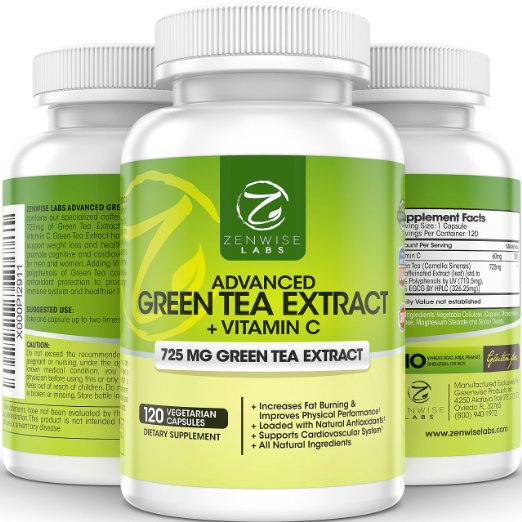
Bone Health Concerns
Some studies have suggested that excessive consumption of green tea extract may negatively impact bone health. This is thought to be due to the increased urinary excretion of calcium. While more research is needed in this area, individuals with osteoporosis or at high risk for bone loss should be cautious with their green tea extract intake.
Allergic Reactions
Although rare, some individuals may experience allergic reactions to components in green tea extract. Symptoms of an allergic reaction can range from mild (such as itching or hives) to severe (such as difficulty breathing or anaphylaxis). Anyone experiencing signs of an allergic reaction should seek immediate medical attention.
Pregnancy and Breastfeeding Concerns
Pregnant and breastfeeding women are often advised to limit their caffeine intake. Since green tea extract can contain significant amounts of caffeine, it's generally recommended that these women avoid or strictly limit their consumption of green tea extract supplements. Additionally, the concentrated nature of the extract means that other compounds in green tea, which may affect fetal development or be passed through breast milk, are present in higher amounts.
Blood Pressure Effects
While some studies suggest that green tea may help lower blood pressure, the caffeine content in green tea extract could potentially cause a short-term increase in blood pressure. This effect is typically more pronounced in people who are not regular caffeine consumers. Individuals with hypertension should monitor their blood pressure when starting green tea extract supplementation.
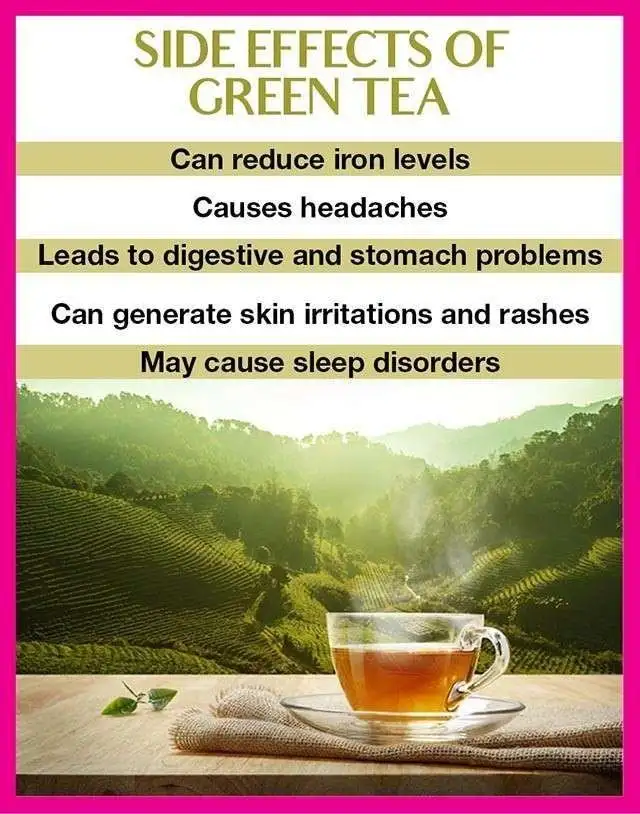
Anxiety and Nervousness
The caffeine content in green tea extract can lead to feelings of anxiety, nervousness, or jitteriness in some individuals, particularly those sensitive to stimulants. These effects may be more pronounced when consuming green tea extract compared to drinking traditional green tea due to the higher concentration of caffeine and other compounds.
It's important to note that while these potential side effects exist, many people consume green tea extract without experiencing any adverse effects. The key is to use the supplement responsibly and be aware of your body's reactions. Here are some tips for minimizing the risk of side effects:
◆ Start with a low dose and gradually increase if needed
◆ Take green tea extract with food to reduce the risk of digestive discomfort
◆ Choose a reputable brand that provides third-party testing for quality and purity
◆ Be mindful of your total caffeine intake from all sources
◆ Stay hydrated, as caffeine can have a mild diuretic effect
◆ Discontinue use and consult a healthcare provider if you experience any concerning symptoms
Conclusion
In conclusion, while green tea extract offers potential health benefits, it's not without risks. The concentrated nature of the extract means that both the beneficial compounds and potentially harmful substances are present in higher amounts compared to traditional green tea. As with any supplement, it's crucial to approach green tea extract use with caution and awareness.
Before incorporating green tea extract into your routine, consider your individual health status, any pre-existing conditions, and medications you may be taking. Consulting with a healthcare professional can help you determine if green tea extract is appropriate for you and, if so, what dosage would be safe and effective.
Remember, while supplements can be a valuable addition to a healthy lifestyle, they are not a substitute for a balanced diet, regular exercise, and overall healthy living practices. By understanding both the potential benefits and risks of green tea extract, you can make an informed decision about whether it's right for you.

Questions and Answers about Green Tea Extract Side Effects
Q: Is green tea extract safe for everyone?
A: While generally considered safe for most adults when used in moderation, green tea extract may not be suitable for everyone. People with liver problems, iron deficiency, anxiety disorders, or those taking certain medications should consult a healthcare provider before using green tea extract.
Q: How much green tea extract is too much?
A: The safe upper limit can vary depending on the individual and the specific product. Most studies have used doses ranging from 300-800 mg of green tea extract per day. It's best to start with a lower dose and not exceed the recommended amount on the product label without consulting a healthcare professional.
Q: Can green tea extract cause liver damage?
A: While rare, there have been reports of liver injury associated with green tea extract consumption. The risk appears to be higher with larger doses and in individuals with pre-existing liver conditions. It's important to use green tea extract as directed and discontinue use if you experience any signs of liver problems.
Q: Does green tea extract interfere with sleep?
A: Green tea extract contains caffeine, which can interfere with sleep if taken too close to bedtime. To minimize this effect, avoid taking green tea extract in the late afternoon or evening, or choose a decaffeinated version.
Q: Can green tea extract interact with medications?
A: Yes, green tea extract can interact with several medications, including blood thinners, stimulants, and certain antibiotics. Always inform your healthcare provider about all supplements you're taking, including green tea extract, to avoid potential interactions.

































